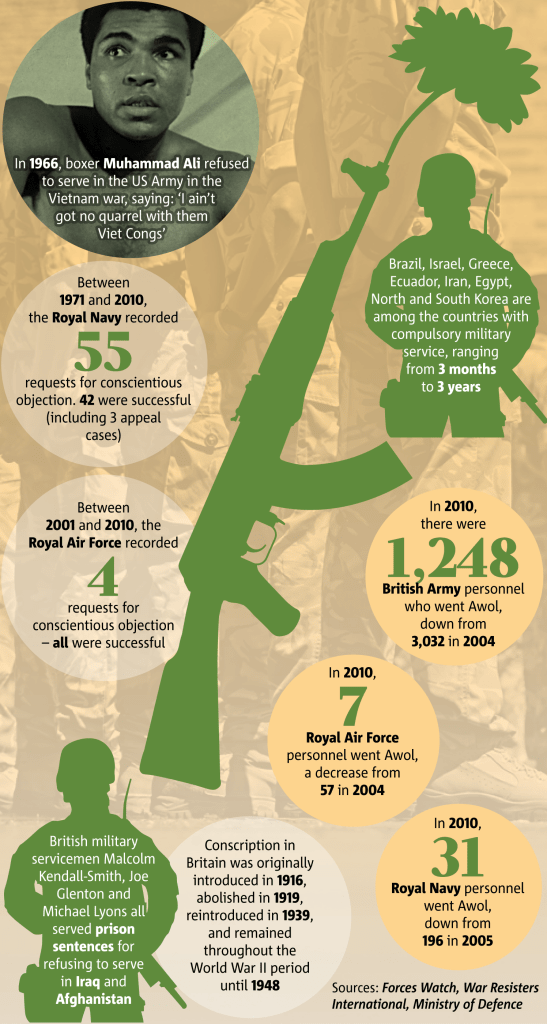Anti-war activists battle to get their voices heard in WW1 centenary events
Campaigners challenge ‘glorious conflict’ narrative and plan to highlight treatment of conscientious objectors
Anti-war activists, pacifists and others are challenging the narrative of the official programme marking the centenary of the first world war with an alternative range of activities, some of which have received government funds.
They include an event to remember conscientious objectors, which is being financed with £95,800 in lottery funding allocated to the pacifist organisation that distributes white poppies.
The “No Glory” campaign, backed by anti-war activists and high-profile supporters, such as the actors Jude Law and Alan Rickman and the poet laureate, Carol Ann Duffy, intend to hold a concert next year at the Barbican in London.
“What those of us involved in this are concerned about is that the war will be presented as something glorious and part of our national heritage, when it isn’t really. It was a total disaster that was unnecessary and destroyed a generation,” said Brian Eno, the composer and musician.
Eno said he was interested in creating something based on the testimonies of soldiers in the best-selling book, Forgotten Voices of the Great War, which was written by historian Max Arthur with the Imperial War Museum.
“They are simple transcripts of soldiers remembering what happened to them.… Read more

